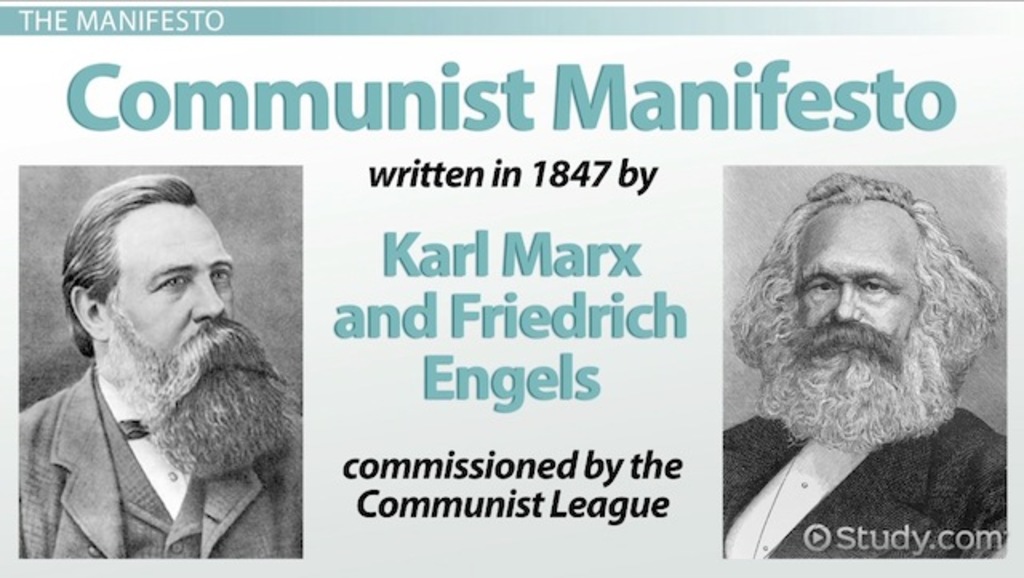Kerby Anderson
Over the last few weeks, the term “Marxism” has been used quite a bit to describe the philosophy of both individuals and organizations. But what does this term mean? Marxists come in different variations. I saw that when I took a graduate-level class on Marxism with students from different countries who were Marxist.
If there is one central, unifying principle, it is the writings of Karl Marx that are best articulated in The Communist Manifesto. Jon Miltimore reminds us in a recent column that Marx wanted more than the “Abolition of private property.”
He also wanted the “Abolition of the family.” His argument was that the bourgeois family was based on capital and private gain. He predicted the family would vanish once property was abolished.
Marx also believed that individuality was contrary to the equalitarian vision that he had for the world. He believed that individuality was a social construct of a capitalist society and also had to be abolished.
Nations also would be abolished. His argument was that the working man would have no country. As the proletariat grew in power, there would be no need for nations, especially since hostilities between people of different backgrounds would recede.
Marx also rejected the idea of eternal truths. He argues that the “ruling ideas of each age have been the ideas of the ruling class.” He predicted that “Communism abolishes eternal truths, it abolishes all religion, and all morality.”
Coupled with this idea is a belief that Marxism would abolish the past. Marx saw tradition as a tool of the bourgeoisie. In that society, “the past dominates the present.” Instead, “in Communist society, the present dominates the past.”
Karl Marx wanted to abolish the family, individuality, countries, eternal truths, and the past. That’s quite a list.
 Listen Online
Listen Online Watch Online
Watch Online Find a Station in Your Area
Find a Station in Your Area









 Listen Now
Listen Now Watch Online
Watch Online
